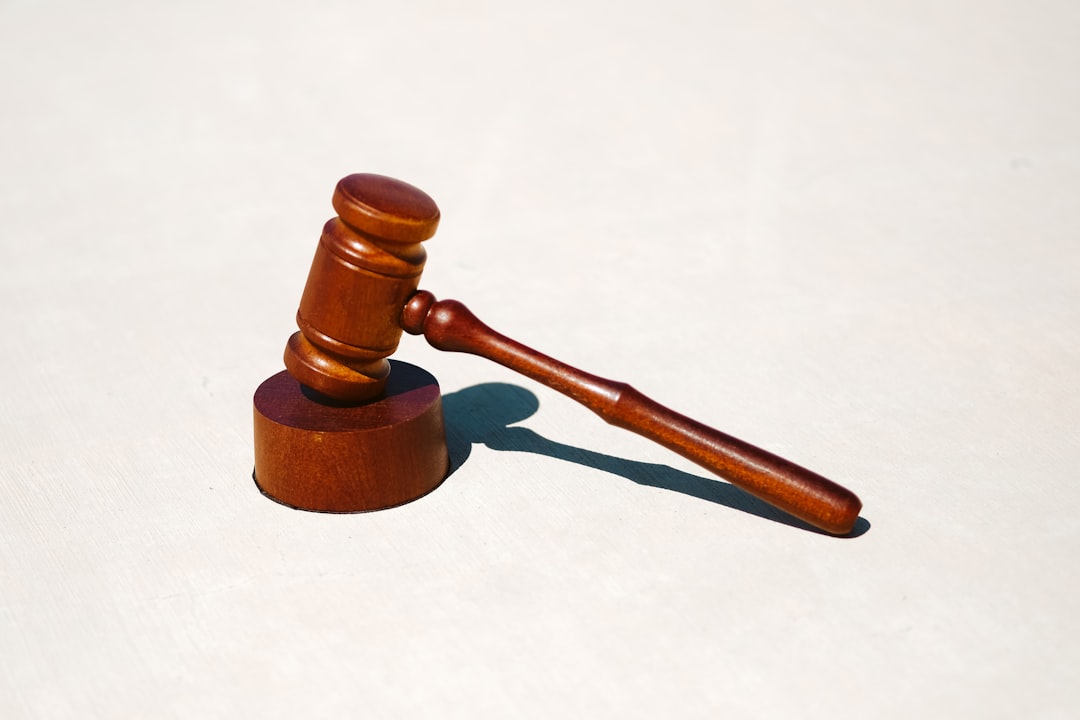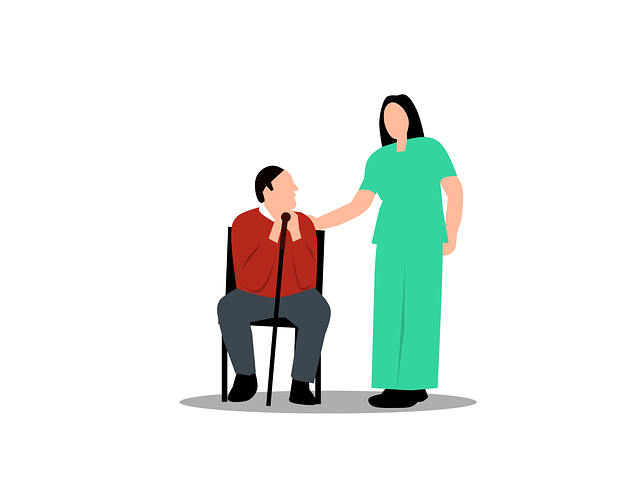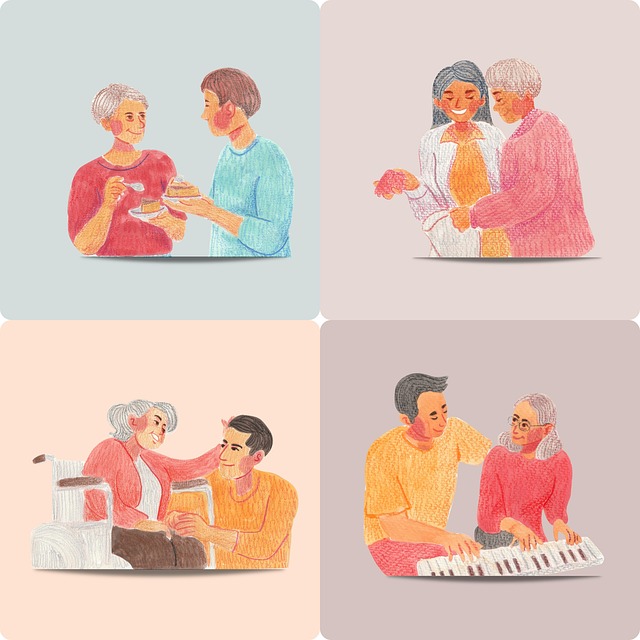Miami's diverse population includes a significant elderly demographic requiring specialized care. While care facilities contribute to their well-being, challenges like sexual assault pose risks. Effective navigation demands cultural sensitivity, access to legal services from elderly sexual assault law firms in Florida, robust safety protocols, staff training, and open communication to protect vulnerable elders. Florida laws protect the well-being and safety of elderly individuals, with specialized legal services from these firms ensuring protections and holding perpetrators accountable.
In Miami, ensuring the safety and well-being of elderly residents in care facilities is paramount. This article explores the unique challenges and considerations within Miami’s elderly care landscape. We delve into legal protections for vulnerable seniors, emphasizing the importance of stringent policies against abuse, especially sexual assault, as per Florida laws. Additionally, we discuss evidence-based prevention strategies that care facilities can implement to foster secure environments, promoting a culture of respect and dignity for Miami’s aging population.
Understanding Miami's Elderly Care Landscape

Miami, with its vibrant culture and warm climate, is home to a diverse population, including a significant number of elderly residents. The city’s care facilities play a crucial role in catering to their unique needs, ensuring their well-being, and providing a safe haven. However, navigating the elderly care landscape reveals both achievements and challenges.
One notable concern is the potential risk of sexual assault within these settings, as evidenced by the presence of elderly sexual assault law firms in Florida. Miami’s diverse community necessitates an understanding of cultural sensitivities and access to specialized legal services to address such issues effectively. Care facilities must prioritize safety protocols, staff training, and open communication to foster a secure environment for the elderly population, especially vulnerable individuals who may require extra protection.
Legal Protections for Vulnerable Seniors

The well-being and safety of elderly individuals in care facilities are paramount, and legal protections are in place to safeguard them from potential harm, including elder abuse and sexual assault. Florida laws have specific provisions aimed at preserving the rights of vulnerable seniors, especially in institutional settings like Miami care homes. These regulations include stringent guidelines on consent, privacy, and reporting requirements for any incidents involving residents.
Elderly sexual assault law firms in Florida play a crucial role in ensuring these protections are adhered to. They offer specialized legal services tailored to the unique needs of victims, helping them navigate complex laws and seek justice. Such legal support is essential in holding caregivers, staff, or visitors accountable for any misconduct, fostering an environment where elders feel secure and respected.
Implementing Prevention Strategies in Care Facilities

Creating safe environments for the elderly is paramount in Miami care facilities, and implementing robust prevention strategies is a crucial step toward achieving this goal. Given the heightened vulnerability of seniors, especially those with cognitive impairments, care facilities must proactively address potential risks, including sexual assault. According to recent statistics from elderly sexual assault law firms in Florida, incidents of abuse within senior living communities are more common than many realize.
To mitigate these issues, care facilities should adopt comprehensive policies and training programs that educate staff on identifying signs of potential harm and responding appropriately. This includes regular workshops on patient safety, mandatory reporting protocols, and the promotion of a culture where residents feel comfortable discussing sensitive topics related to their well-being. By integrating such prevention strategies, Miami’s care facilities can foster an environment that prioritizes the security and dignity of every elderly individual under their care.






